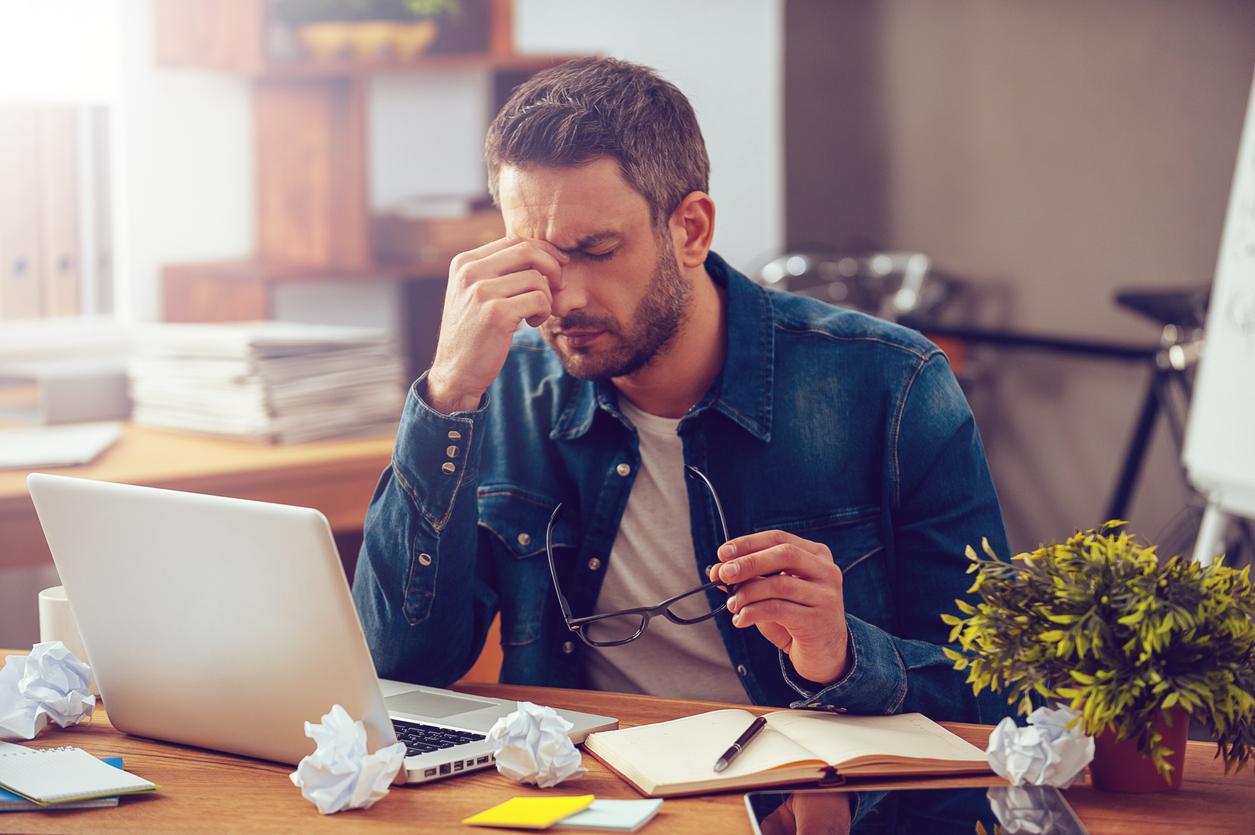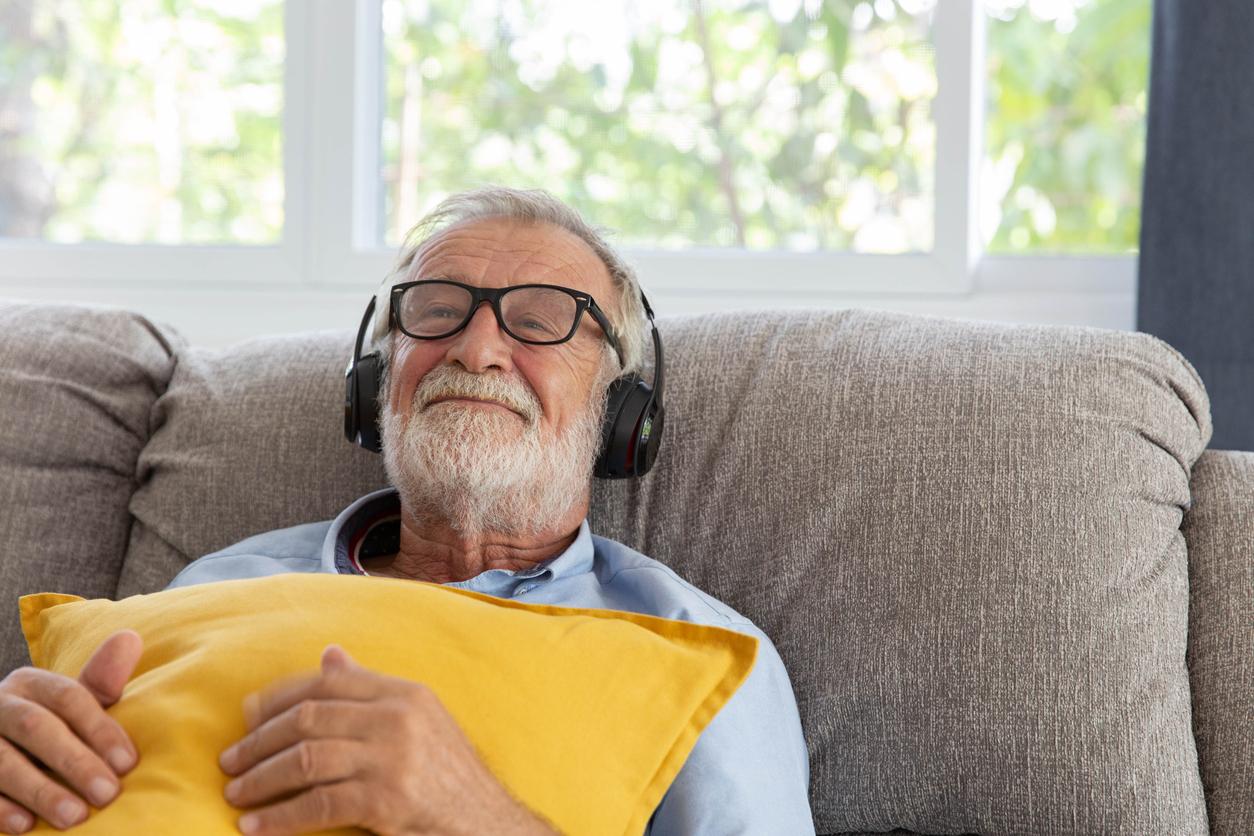
Digital communication with the general practitioner
Go to the doctor for every change? Not necessary if the doctor can also be reached by e-mail. What can you arrange with an email, and what not?
Three quarters of internet users not only want to bank or shop online, but also want to e-mail with their doctor, according to research by the University of Twente. “Completely understandable”, says doctor Robert Mol from Capelle aan den IJssel. “What could be more annoying than getting the busy tone all the time when you have a simple question?”
Digital medicine
Mol is a board member of the Dutch Association for e-Health. Ten years ago, he was the first GP to start email consultations. Back then, digital medicine was still controversial. The National Association of General Practitioners found it ‘downright irresponsible’ to handle questions from patients without the doctor having seen them.
Guidelines
The tide has turned. The KNMG, the professional organization of doctors, has drawn up guidelines for online contact between patient and doctor. And the GP is now paid for e-mail consultations: € 4.50 per consultation, the same as for a telephone consultation (rates January 2012 – ed.). GPs are not obliged to communicate with patients by e-mail.
In 2010, it was estimated that only 10 percent of GPs offered the option. Robert Mol: “They are afraid that they will get even busier. But it is really not the case that patients e-mail about every little thing, they are rather timid. I receive an average of two e-mails a day, there could be many more. ” The e-mail consultation is not only fast and efficient, says Mol. “I notice that it also helps patients to gain more insight into their complaints, because they have to clearly describe in an email what is bothering them.”
Simple questions
These are usually simple questions that GP Robert Mol receives by email: a patient who needs a repeat prescription; a mother with a child who looks pale and a little fever has; someone who has contracted something during the holidays and wants to hear what it could be. Internet doctors are only allowed to prescribe drugs to patients with whom they have a treatment relationship and who they have personally met.
Mol: “In any case, I think it is important to first see my patients in real life. After that you can handle a lot by email.” He answers all questions personally, within 24 hours. “I do that when it’s quiet in the practice or in the evening at home. It’s more pleasant than a telephone consultation, because then I have to listen and take notes at the same time. Now I can concentrate on a recommendation.”
When in doubt call
When in doubt, he calls the patient. “People like the fact that they immediately get on the phone with the GP. If I think there are emotional issues at play, I always call them. erection problem explaining it by e-mail can turn out very wrong.” If necessary, he asks patients to come by, sometimes on the same day.
But what about privacy? Email is not one hundred percent secure, is it? Mol: “Oh, I also regularly see letters with sensitive medical information that are not intended for our practice. If patients and doctors address their e-mails correctly and are cautious with sensitive information, not much can go wrong.”
No compensation for specialists
Frank Bosch, internist at the Rijnstate Hospital in Arnhem, also sees many advantages in communicating by e-mail. “I started it thirteen years ago. It’s the way to keep in touch with patients, without jeopardizing the rest of my work.”
Unlike general practitioners, specialists are not reimbursed for e-mail consultations. Bosch: “But I feel more in control of my own time and that’s worth a lot to me. I’m hardly disturbed anymore when I’m working in the intensive care unit or the dialysis unit.”
Results and scans
90 percent of Bosch’s patients take advantage of the opportunity to email him. “They receive the results of examinations by e-mail. That goes much faster, they do not have to come to the hospital again.” Bosch also sends laboratory results and scans. “I have many chronically ill patients. After two visits, they understand which values to pay attention to. They see for themselves whether they are stable. Most of them think it’s fantastic to be so involved in their treatment.”
Email with the doctor, that’s how you do it
• Not all general practitioners e-mail their patients, so ask in advance whether your doctor is okay with this.
• Ask what method he or she follows when making online contact, for example within what period you can expect an answer.
• Also ask about which issues and complaints you can email. And whether it is objectionable if you e-mail a small question several times in a row.
• Always pay extra attention that you address your e-mail correctly, so that it does not fall into the wrong hands.
• State name, address, date of birth and patient number in the e-mail. That way you can’t be confused with someone else.
• Make sure you inform the GP briefly and clearly about your complaints and the question you have.
• If you address your doctor as ‘you’ during office hours, do so in the e-mail correspondence. Do not go jeen jouen, even if your doctor signs with the first name. ‘Dear doctor’ is a common term of address.
• The chance is very small, but still: online communication is not one hundred percent watertight. Keep that in mind.
Sources):
- Plus Magazine

















